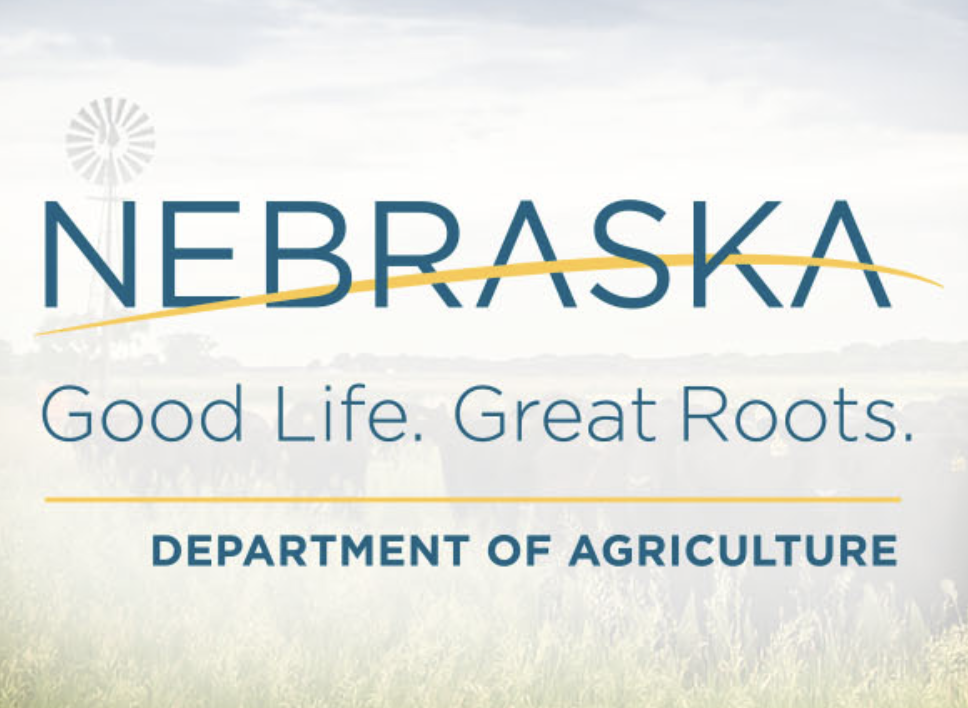Nebraska law gives counties the authority to approve or deny special use permits for conservation easements on land (Neb. Rev. Stat. 76-2,112) that are inconsistent with the County Plan. Under the direction of Executive Order 21-08 issued by Nebraska Governor Pete Ricketts, “Stop 30 x 30 – Protect our Land & Water,” the Nebraska Department of Agriculture Director Steve Wellman, noticed the United States Department of Agriculture (USDA) of the State’s requirement.
Wellman requested the USDA to ensure that all conservation easements being sought by the federal government in Nebraska go through the county approval process. As a result, the Natural Resource Conservation Service (NRCS) has been notifying landowners of the requirement as a part of the enrollment. The NRCS letter states:
“NRCS will not be able to move forward with your ACEP Easement without this approval from the County Board, so it is important that this gets delivered to them as soon as possible.”
Last week, one such conservation easement application came up for review in Holt County that was being sought under the Agricultural Conservation Easement Program – Wetland Reserve Easement (ACEP-WRE). The Board of Supervisors reviewed the application and discovered that a complete contract had not been provided disclosing the restrictions on the landowner. The five member Board voted unanimously to deny the special use permit “due to the application being in conflict with the Holt County Comprehensive Plan.”
December 15, 2021, the Custer County Board of Supervisors also denied a conservation easement under the ACEP-WRE upon the recommendation of the Zoning Commission. The Sandhills Express reported Supervisor Darci Tibbs found the terms of the easement required the landowner to “receive written permission from the NRCS to hay, plant, or allow cattle to graze the land,” therefore violating the County’s Comprehensive Plan, which focuses on protecting the agriculture use.
The Nebraska Department of Revenue was directed by Governor Ricketts’ Executive Order to conduct workshops that educate and advise county officials on the provisions of the easement law. The Revenue Department created an Easement Application for the counties to use as well as guidance documents to help them properly implement the process.
During the workshops, the Department shared with the counties how the easements can change the value of the land, finding that “on average land in WRP [Wetlands Reserve Program] is assessed 40 percent lower than it would be as agricultural land.” This significant value reduction shifts the property tax burden to other landowners.
The Nebraska law is a model for other States looking for a way to ensure that conservation easements are properly reviewed and restrictions are disclosed to the landowner. Conservation Easements transfer primary control of the property to the easement holder, the most fundamental element of private property. If the landowner must acquire permission to use the land, as was the case found in Custer County, then the landowner no longer has primary control of the land and the land no longer retains the qualities of private property.


